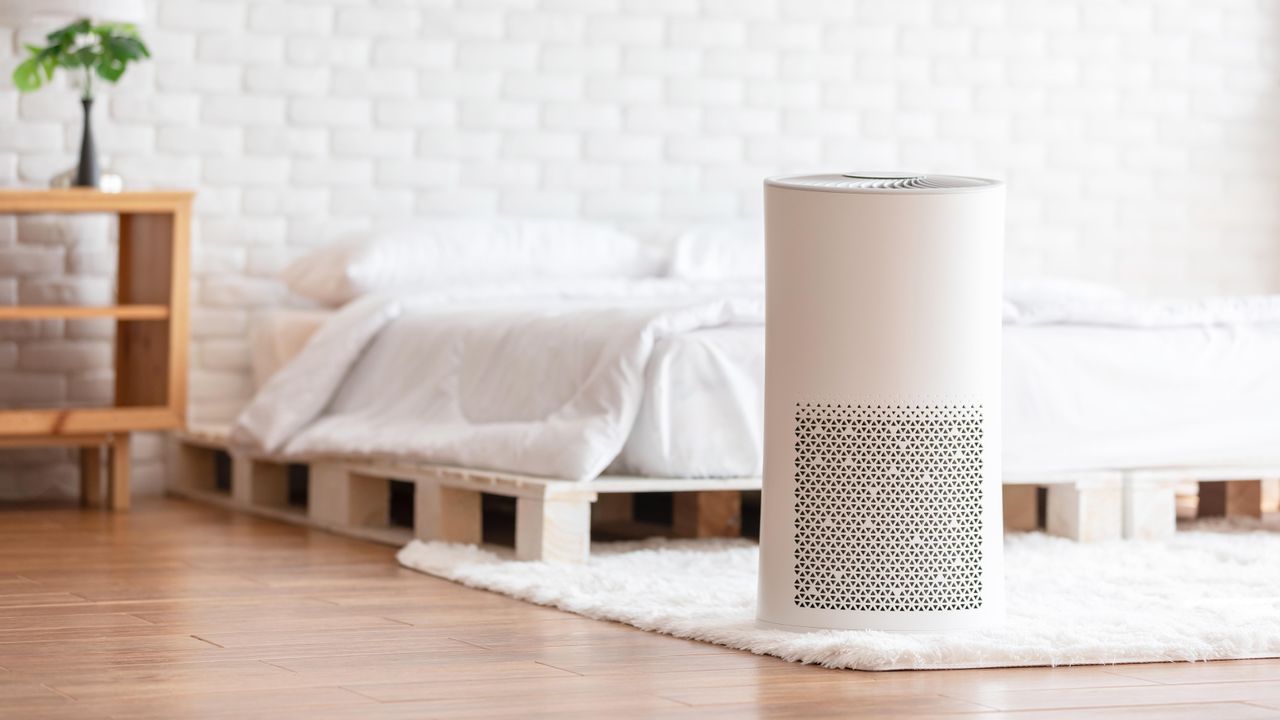Health
Air Purifiers Linked to Lower Blood Pressure, New Study Finds

A recent study published in the Journal of the American College of Cardiology has revealed that air purifiers equipped with HEPA filters may contribute to a reduction in blood pressure among individuals living in areas with high air pollution. This research highlights the connection between air quality and cardiovascular health, suggesting that improving indoor air can have meaningful health benefits.
The study focused on a group of 154 participants residing near a busy highway, where they experienced regular exposure to air pollution. All participants were over the age of 30, with an average age of 41, and had no history of major cardiovascular events, such as heart attacks or strokes. None were taking medications for blood pressure or inflammation. At the start of the study, their average blood pressure was recorded at 118.8/76.5 mmHg, which falls within the recommended range by the American Heart Association of 120/80 mmHg or lower.
During the two-month study, researchers installed custom-made HealthMate HEPA air purifiers in the bedrooms and living rooms of the participants. For the first four weeks, participants experienced their normal living conditions without air filtration. In the subsequent four weeks, half of the group used the HEPA purifiers, while the other half was exposed to a ‘sham purification’ process. Throughout the study, participants provided information about their exposure to second-hand smoke, stress levels, exercise habits, and general health.
The findings indicated a modest yet significant reduction in systolic blood pressure among those using the HEPA filters. Systolic blood pressure, the upper number in a blood pressure reading, measures the pressure in the arteries when the heart pumps blood. A healthy systolic reading is generally considered to be less than 120 mmHg. In this study, the average reduction in systolic blood pressure for participants with HEPA filters was 3 mmHg.
While the study’s sample size is relatively small, the results underscore the potential health benefits of improving indoor air quality. Researchers emphasize the importance of selecting an appropriate location for air purifiers to maximize their effectiveness and investing in a model that adequately covers the desired space. This research may encourage individuals living in polluted areas to consider air purification as a viable means of supporting their cardiovascular health.
As public health continues to be a pressing concern, findings such as these contribute to the growing body of evidence that environmental factors play a critical role in overall well-being. The connection between air quality and health outcomes highlights the need for further exploration into practical solutions for enhancing indoor environments, particularly for those living in urban areas.
-

 Technology4 months ago
Technology4 months agoDiscover the Top 10 Calorie Counting Apps of 2025
-

 Health2 months ago
Health2 months agoBella Hadid Shares Health Update After Treatment for Lyme Disease
-

 Health3 months ago
Health3 months agoErin Bates Shares Recovery Update Following Sepsis Complications
-

 Technology3 weeks ago
Technology3 weeks agoDiscover 2025’s Top GPUs for Exceptional 4K Gaming Performance
-

 Technology2 months ago
Technology2 months agoElectric Moto Influencer Surronster Arrested in Tijuana
-

 Technology4 months ago
Technology4 months agoDiscover How to Reverse Image Search Using ChatGPT Effortlessly
-

 Technology4 months ago
Technology4 months agoMeta Initiates $60B AI Data Center Expansion, Starting in Ohio
-

 Technology4 months ago
Technology4 months agoRecovering a Suspended TikTok Account: A Step-by-Step Guide
-

 Health4 months ago
Health4 months agoTested: Rab Firewall Mountain Jacket Survives Harsh Conditions
-

 Lifestyle4 months ago
Lifestyle4 months agoBelton Family Reunites After Daughter Survives Hill Country Floods
-

 Technology3 months ago
Technology3 months agoUncovering the Top Five Most Challenging Motorcycles to Ride
-

 Technology4 weeks ago
Technology4 weeks agoDiscover the Best Wireless Earbuds for Every Lifestyle





















